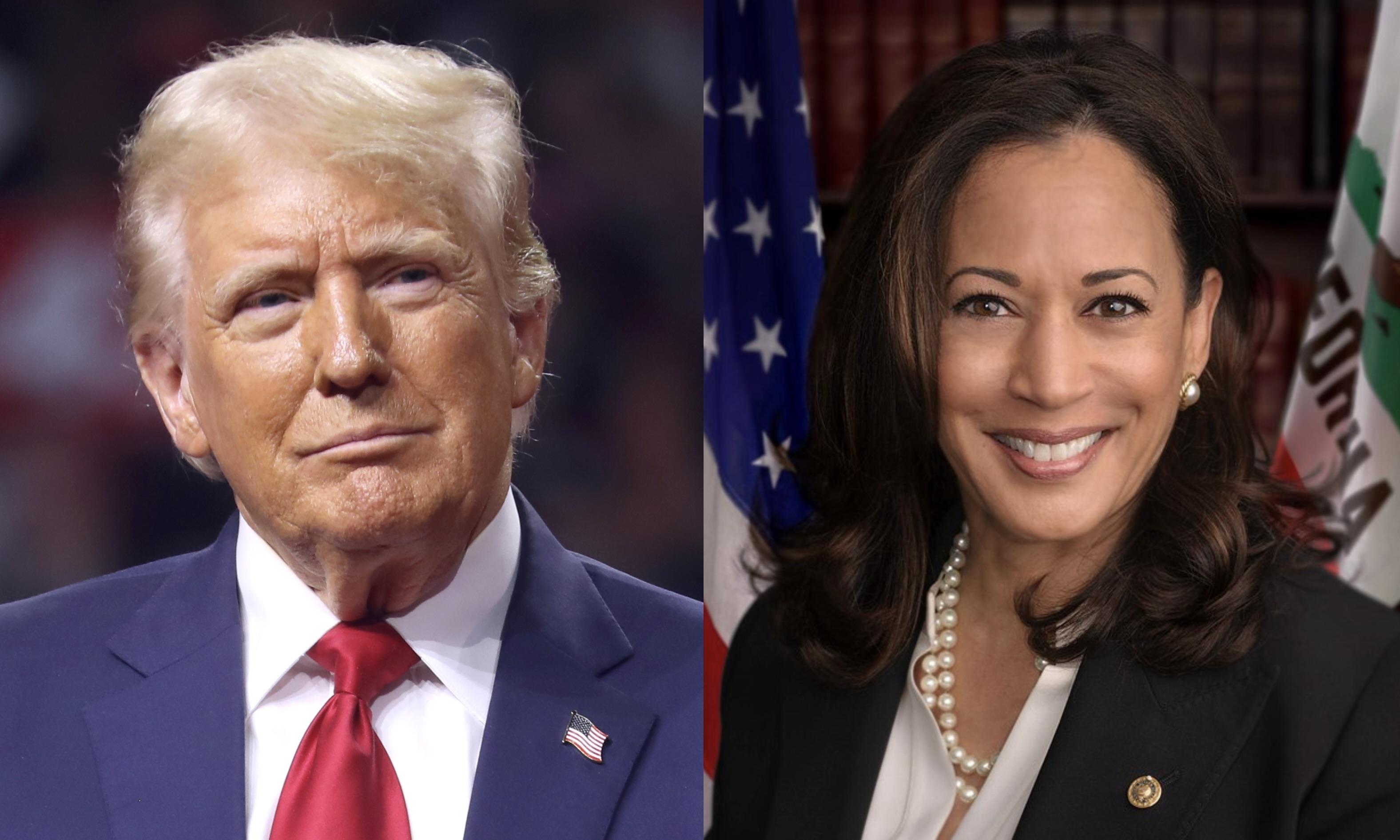In a critical update just ahead of Election Day, Maricopa County officials announced that 27,000 mail-in ballots arrived with signatures that did not match voter records. Of these ballots, officials report that 15,000 have been “cured” or verified through follow-up verification with voters. However, 12,000 ballots remain uncounted and are pending resolution, stirring debates about voter integrity and ballot security in Arizona’s largest voting jurisdiction.
The “curing” process is an established method that allows election officials to verify questionable ballots by reaching out to voters whose signatures on ballot envelopes don’t match those in the official database. In Maricopa County, officials deployed resources to address the issue swiftly, contacting voters by phone, email, and text messages in an effort to confirm ballot authenticity. Despite their efforts, 12,000 ballots remain unresolved, prompting concerns that these votes may go uncounted if voters do not respond before the final certification deadline.
Maricopa County Recorder Stephen Richer emphasized the transparency of the verification process and assured voters that all steps are being taken to prevent ineligible ballots from affecting the outcome. “We are committed to maintaining the integrity of our election process,” Richer said. “Every voter who needs to cure their ballot has been notified, and we urge them to contact us as soon as possible.” Richer confirmed that the unresolved ballots would remain uncounted unless verification is completed promptly.
As Arizona remains a key battleground in national elections, this development has drawn significant attention, with both parties watching closely to see how the remaining ballots will impact tight races across the state. Political analysts are already speculating on the potential effects of the unverified ballots, noting that each vote could play a decisive role in competitive races. “These 12,000 ballots could tip the balance in tight races across Arizona,” said Dr. Lisa Thompson, a political science professor at Arizona State University. “In a state as closely divided as Arizona, every vote matters, and this situation illustrates just how high the stakes are.”
Critics of the signature verification process argue that it places unnecessary barriers on voters, particularly those who may not be reachable for curing. Some voter advocacy groups have expressed concerns that the procedure disproportionately affects younger and minority voters, who are more likely to vote by mail. “We’re worried that legitimate ballots are being discarded due to administrative issues,” said Rosa Gonzalez, spokesperson for Arizona Voters Alliance. “Every vote should count, and we encourage Maricopa County to ensure that all voters have ample opportunity to confirm their ballots.”
In response to these concerns, Maricopa County officials reiterated their commitment to upholding election integrity. Richer emphasized that the signature verification process is a standard practice, aimed at preventing potential fraud and maintaining public trust in the voting process. “The curing process is essential to secure elections,” Richer said. “It’s about ensuring that every valid vote is counted and that the election remains free of fraud.”
As Election Day approaches, Maricopa County’s handling of the outstanding ballots will remain a point of focus, with both election integrity and voter access hanging in the balance.



 Rubio Says U.S. Would Not Target School After Deadly Iran Strike Reports
Rubio Says U.S. Would Not Target School After Deadly Iran Strike Reports  Pentagon Downplays ‘Endless War’ Fears After U.S. Strikes on Iran Escalate Conflict
Pentagon Downplays ‘Endless War’ Fears After U.S. Strikes on Iran Escalate Conflict  Middle East Conflict Escalates After Khamenei’s Death as U.S., Israel and Iran Exchange Strikes
Middle East Conflict Escalates After Khamenei’s Death as U.S., Israel and Iran Exchange Strikes  Australia Rules Out Military Involvement in Iran Conflict as Middle East Tensions Escalate
Australia Rules Out Military Involvement in Iran Conflict as Middle East Tensions Escalate  Iran Detains U.S. Citizens Amid Escalating Conflict With the United States and Israel
Iran Detains U.S. Citizens Amid Escalating Conflict With the United States and Israel  Russia Signals Openness to U.S. Security Guarantees for Ukraine at Geneva Peace Talks
Russia Signals Openness to U.S. Security Guarantees for Ukraine at Geneva Peace Talks  U.S. Lawmakers Question Trump’s Iran Strategy After Joint U.S.-Israeli Strikes
U.S. Lawmakers Question Trump’s Iran Strategy After Joint U.S.-Israeli Strikes  U.S. Deploys Tomahawks, B-2 Bombers, F-35 Jets and AI Tools in Operation Epic Fury Against Iran
U.S. Deploys Tomahawks, B-2 Bombers, F-35 Jets and AI Tools in Operation Epic Fury Against Iran  Israel Launches Fresh Strikes on Iran After Death of Supreme Leader Ayatollah Khamenei
Israel Launches Fresh Strikes on Iran After Death of Supreme Leader Ayatollah Khamenei  U.S.-Israel War on Iran Escalates as Gulf Conflict Disrupts Oil, Air Travel and Regional Security
U.S.-Israel War on Iran Escalates as Gulf Conflict Disrupts Oil, Air Travel and Regional Security  Trump Warns Iran as Gulf Conflict Disrupts Oil Markets and Global Trade
Trump Warns Iran as Gulf Conflict Disrupts Oil Markets and Global Trade  Trump Says U.S. Attacks on Iran Will Continue, Warns of More American Casualties
Trump Says U.S. Attacks on Iran Will Continue, Warns of More American Casualties  Melania Trump Chairs Historic U.N. Security Council Meeting on Children Amid Iran Conflict
Melania Trump Chairs Historic U.N. Security Council Meeting on Children Amid Iran Conflict  Argentina Tax Reform 2026: President Javier Milei Pushes Lower Taxes and Structural Changes
Argentina Tax Reform 2026: President Javier Milei Pushes Lower Taxes and Structural Changes  Suspected Drone Strike Hits RAF Akrotiri Base in Cyprus, Causing Limited Damage
Suspected Drone Strike Hits RAF Akrotiri Base in Cyprus, Causing Limited Damage  Why did Iran bomb Dubai? A Middle East expert explains the regional alliances at play
Why did Iran bomb Dubai? A Middle East expert explains the regional alliances at play 



























